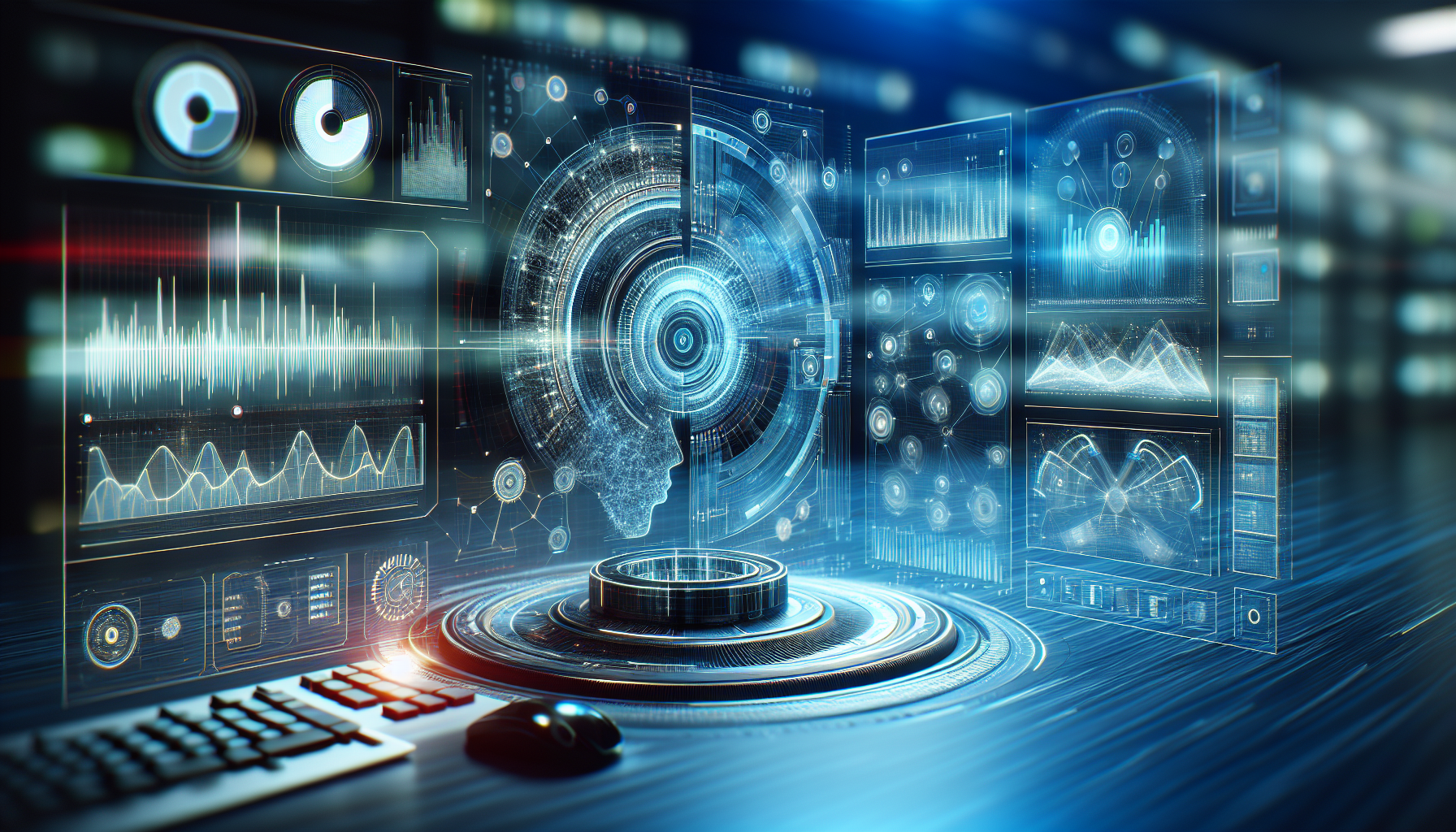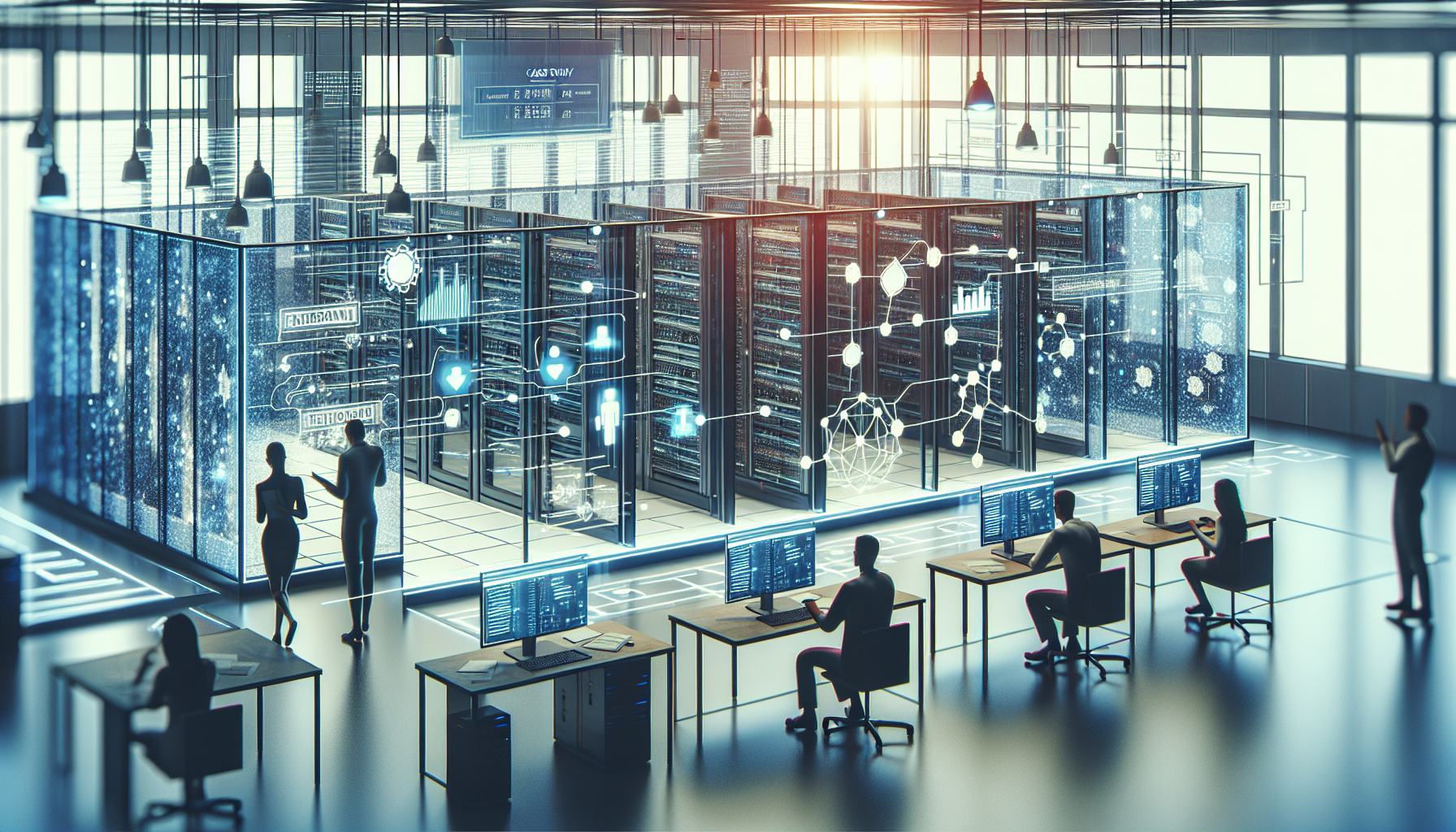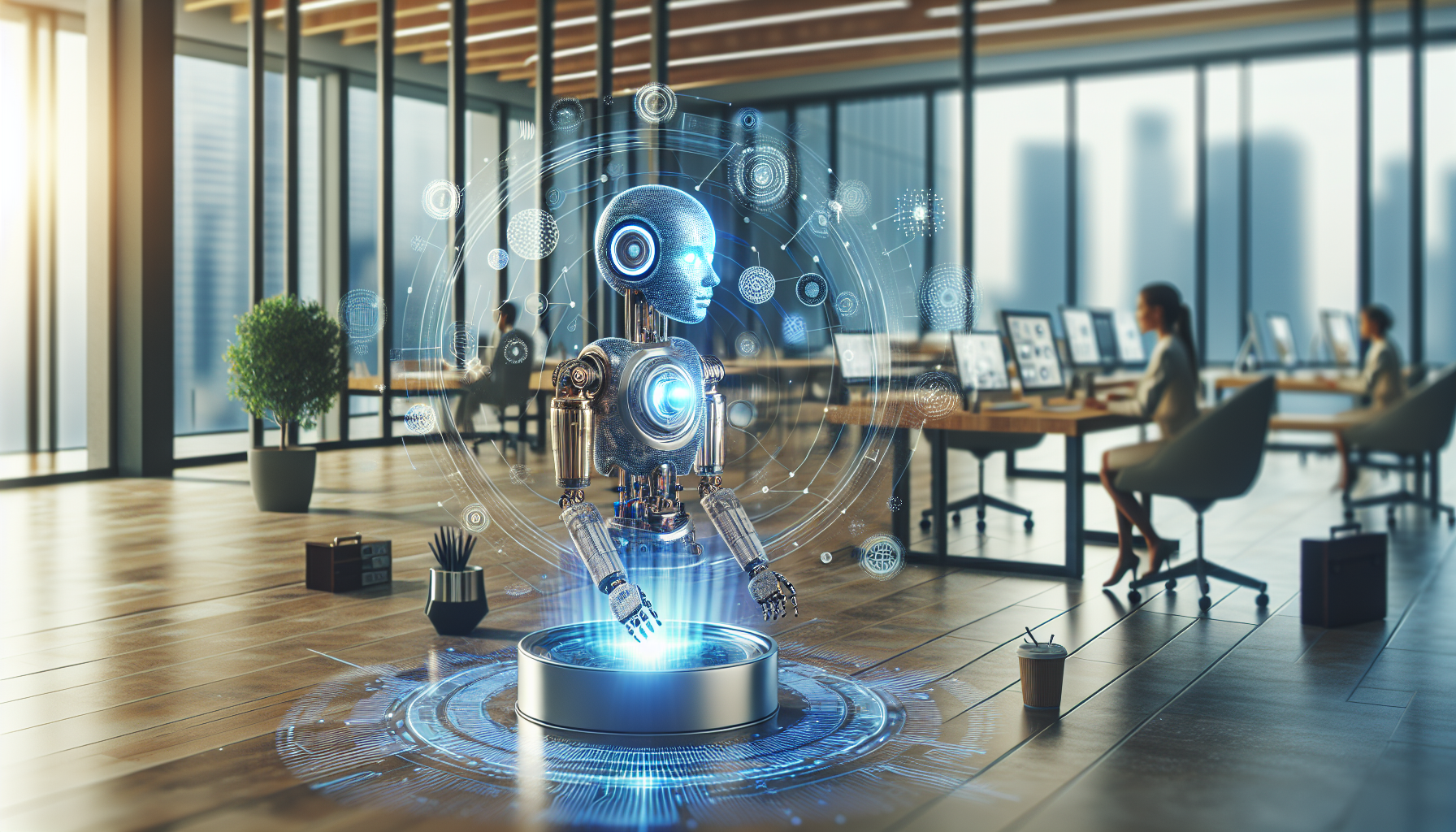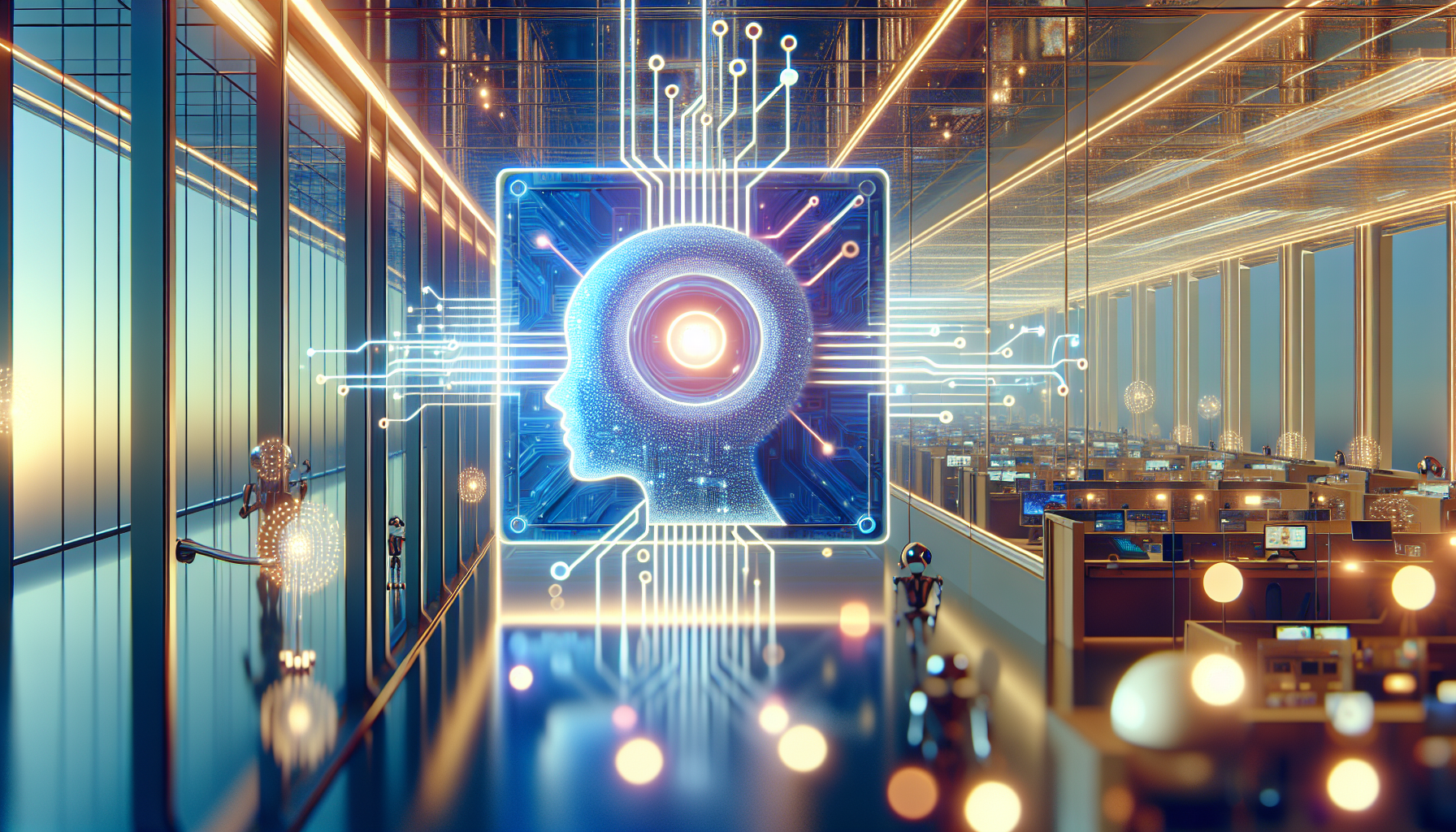
AI and the Future of Work: A Critical Examination of Automation and Job Market Transformation
October 19, 2025
As artificial intelligence continues to permeate various sectors, the conversation surrounding its impact on employment is fraught with both anticipation and anxiety. The notion that AI could redefine the future of work is not mere speculation; it is a burgeoning reality that demands a careful, critical examination. This analysis seeks to unravel the complexities of AI-driven automation and its implications for the job market, assessing the balance between opportunity and threat.
AI's potential to automate tasks previously deemed the exclusive domain of human labor is both fascinating and unsettling. Industries such as manufacturing, logistics, and even customer service have already witnessed significant shifts, with machines taking over repetitive tasks and processes. However, the story of automation is not merely about machines replacing humans. It is an intricate dance of efficiency, scale, and, some argue, a profound dehumanization of the workforce.
Critics argue that AI's encroachment into the job market could exacerbate socioeconomic disparities. While companies may benefit from increased productivity and reduced costs, workers face the specter of obsolescence. For instance, warehouse workers and truck drivers—sectors where automation is rapidly advancing—are left grappling with their uncertain futures. The ethical quandary here is whether increased corporate profits justify the potential displacement of millions of workers.
On the flip side, proponents of AI assert that technology will ultimately lead to job creation rather than destruction. They highlight the emergence of new roles focused on AI maintenance, development, and oversight. Yet, these positions often require specialized skills that the current workforce may lack, thus posing a significant barrier to entry. This skills gap—often overlooked in optimistic projections—raises questions about the accessibility of retraining programs and the willingness of industries to invest in human capital.
Moreover, the narrative that AI will only displace low-skill jobs is increasingly challenged. Sophisticated AI systems are encroaching into fields requiring high-level cognitive functions, such as legal analysis, medical diagnostics, and even creative industries like music and art. The encroachment into these domains blurs the lines of safe havens for human expertise and calls into question the long-held belief that creativity and complex problem-solving are exclusively human traits.
A comparative analysis of global strategies reveals stark differences in how nations are preparing for this shift. Countries with strong social safety nets and robust retraining initiatives seem better positioned to navigate the transition. In contrast, regions with less governmental support face a potentially turbulent adjustment period. The disparity in preparation underscores a critical need for international dialogue and cooperation to develop equitable frameworks for integrating AI into the workforce.
The ethical implications of AI's integration into the job market cannot be ignored. The technology's rapid advancement often outpaces the ethical guidelines designed to govern its deployment. Questions around data privacy, algorithmic bias, and the transparency of AI decision-making processes are more pressing than ever. Without stringent regulatory oversight, AI has the potential to perpetuate existing biases and inequalities, further complicating the already challenging landscape of workforce automation.
One cannot overlook the psychological impact of AI on workers. The threat of job displacement can lead to increased stress and decreased job satisfaction. Furthermore, the shift towards remote work facilitated by AI technologies, while offering flexibility, also blurs the boundaries between personal and professional life, raising concerns about mental health and work-life balance.
As society stands on the precipice of this technological transformation, it must confront the uncomfortable questions posed by AI's integration into the workforce. Is the pursuit of efficiency and progress worth the potential cost to human dignity and employment stability? How can we ensure that the benefits of AI are equitably distributed across all strata of society?
The future of work with AI is not predetermined. It is a narrative still being written, with outcomes that hinge on the choices made by governments, corporations, and individuals alike. The critical question remains: will we harness AI to augment human capabilities and create a more inclusive economy, or will we let it deepen the divides that already fragment our world? As we ponder these possibilities, the need for proactive, thoughtful engagement has never been more urgent.


